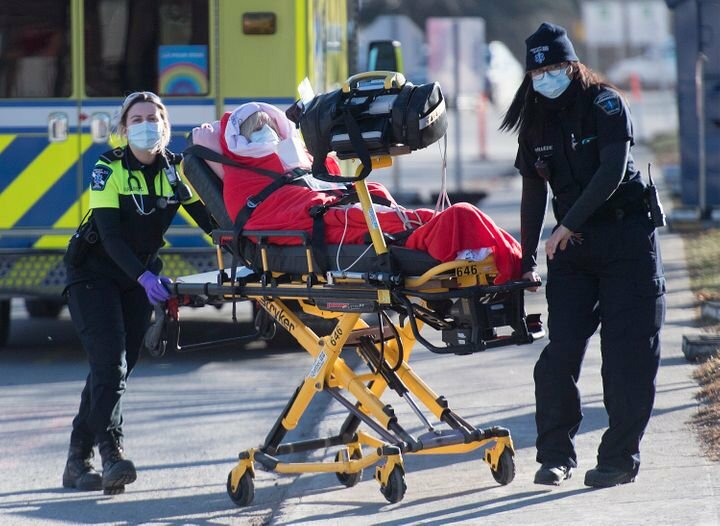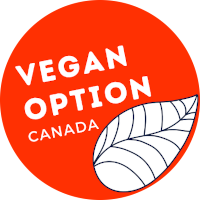Take action to prevent future pandemics: Our Health over Profit
“If you actually want to create global
pandemics then build factory farms.”
(Dr Michael Greger, Bird Flu:
A Virus of Our Own Hatching)
This epidemic has already impacted many lives, and is affecting the poor and marginalized groups the most. We cannot afford a future pandemic.
In the past, AIDS, swine flu, Mad Cow, MERS, SARS, avian flu, and Ebola have already caused immense harm to the population worldwide. Today, even though Covid-19 is still devastating us, a new strain of avian flu is already spreading through Europe and Asia…
It is apparent that the government is lacking in consistency here. Are we committed to fighting pandemics or not?
Firstly, while the government spends large sums of money trying to find effective vaccines for the population, it is funding the very industries that may spark our next pandemic: animal agriculture.
Secondly, the meat and dairy industry does not have to adhere to any additional health guidelines, unlike us, citizens who receive a fine for sitting on a bench alongside 2 of our friends. Meanwhile, thousands of animals are crammed snout to snout in small areas and transported all over the country, freely.
In order to overcome pandemics and promote a clean and safe future for all beings, we urge our officials to press the government to create a National Pandemic Prevention Center which would, as a small first step, force all public institutions to provide plant-based diets.
Make yourself heard!
Simply complete the information below to send an email with the text below to your MP.
This campaign is organized by Vegan Option Canada. We will protect your privacy and keep you informed about this and other campaigns.

Humane Society International outlined 5 pandemic risks linked with animal agriculture:
1. virus ‘spillover’: when expansion of farms into previously wild areas brings wild and domestic species together.
2. viral amplification: where novel viral strains are created through confining vast numbers of stressed animals indoors.
3. farm concentration: where dense geographic concentration of farms increases the risk of pathogens spreading.
.
4. global live animal trade: where huge numbers of live animals are transported between countries and continents, allowing pathogens to spread even further.
5. live animal markets, agricultural fairs and auctions: where “hubs” are created such that animals from many different places are brought into proximity with the public, where viruses can proliferate. ”
More resources
Intensive animal agriculture & pandemics:
- Intergovernmental panel links pandemics risk to meat consumption
- Eat less meat: UN climate-change report calls for change to human diet
- Intensive animal farming is the “single most risky human behaviour” for pandemics, says major new report
- Intensive animal agriculture could spark the next pandemic, says new report, recommending major global shift to more plant proteins
- One Root Cause of Pandemics Few People Think About: It’s our seemingly insatiable desire to eat meat
- Emerging diseases, livestock expansion and biodiversity loss are positively related at global scale
- Scientists propose tax on meat and livestock to help avert future pandemics
- Stop using antibiotics in healthy animals to prevent the spread of antibiotic resistance
- Global use of antibiotics in animals
- Nos animaux d’élevage consomment trop d’antibiotiques
Taking a look at the worst pandemics in history, and how to treat the cause by preventing the emergence of pandemic viruses in the first place.
